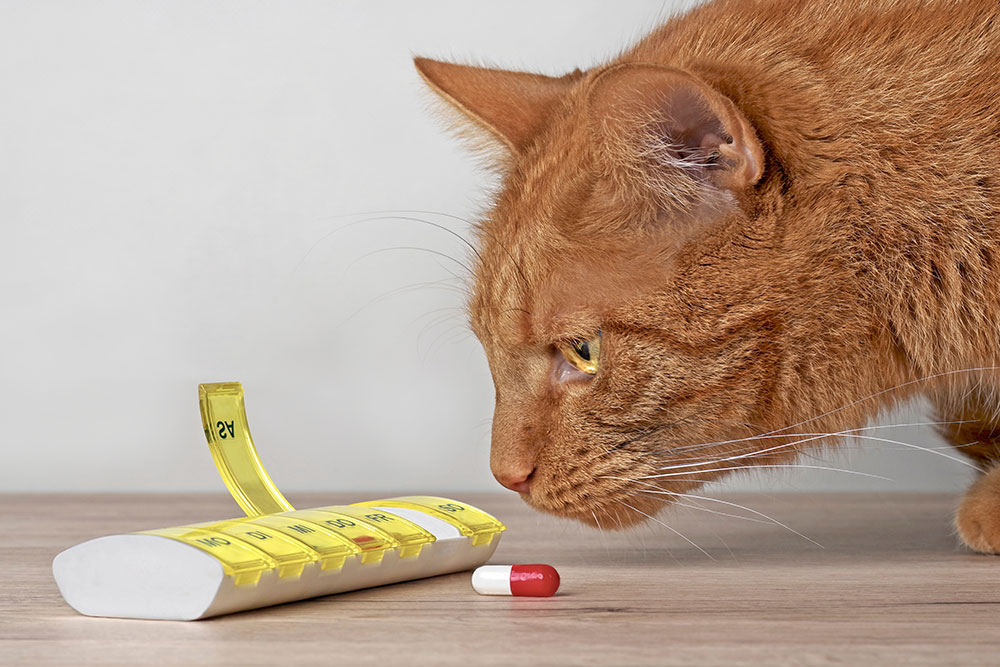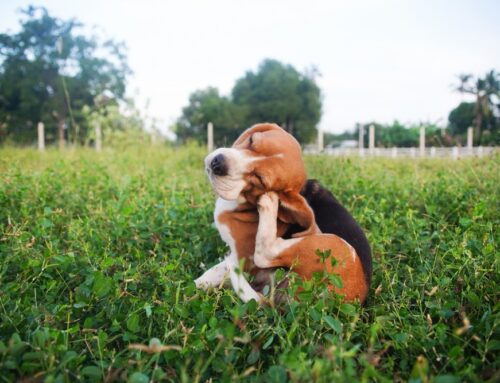Understanding Pet Poisoning: What Every Pet Owner Needs to Know
Pets are naturally curious and often explore their surroundings by sniffing, licking, or chewing objects. Unfortunately, this curiosity can lead to accidental poisoning. Recognizing toxic substances and knowing the early signs of poisoning can help prevent serious health risks.
Common Signs of Poisoning in Pets
Early detection is critical for your pet’s survival. Watch for the following symptoms:
- Vomiting or diarrhea
- Lethargy or weakness
- Loss of appetite
- Excessive drooling or foaming at the mouth
- Seizures or tremors
- Pale gums or jaundice
- Agitation, confusion, or unresponsiveness
Why Quick Action Is Essential
Poisoning can lead to organ failure, neurological damage, or death if untreated. If you suspect poisoning, seek veterinary care immediately.
For emergency guidance, visit Help! Is This a Pet Emergency?.
Top Toxic Foods for Dogs and Cats
Dangerous Foods for Dogs
- Chocolate – Contains theobromine, which can cause heart arrhythmias, seizures, and death.
- Xylitol (found in sugar-free gum and candy) – Can lead to hypoglycemia and liver failure (Learn more).
- Grapes & Raisins – Even small amounts can cause kidney failure.
- Onions & Garlic – Damage red blood cells, leading to anemia.
- Alcohol & Caffeine – Can cause severe dehydration, tremors, and seizures.
For more on chocolate toxicity, visit Halloween Safety: Chocolate Toxicity in Pets.
Common Harmful Foods and Substances for Cats
- Dairy Products – Most cats are lactose intolerant, leading to digestive upset.
- Raw Fish & Eggs – Risk of salmonella and vitamin B deficiency, which can cause neurological issues.
- Essential Oils & Certain Houseplants – Tea tree oil, eucalyptus, and lilies are highly toxic to cats.

Non-Food Poisons: Household and Outdoor Hazards
Common Household Toxins
- Medications – Human pain relievers like ibuprofen, acetaminophen, and antidepressants are extremely toxic to pets.
- Cleaning Products – Bleach, ammonia, and disinfectants can cause severe burns if ingested.
- Rodenticides & Insecticides – Can lead to internal bleeding, neurological issues, or death (Read more).
For a list of toxic and non-toxic plants, visit ASPCA’s Guide to Toxic Plants.
Outdoor and Recreational Hazards
- Fertilizers & Pesticides – Often contain chemicals that cause vomiting, seizures, or respiratory distress.
- Antifreeze – Ethylene glycol is highly toxic, leading to kidney failure and neurological symptoms.
- Marijuana Exposure – THC is toxic to pets, leading to disorientation, vomiting, and heart rate changes (Learn more).
- Illicit Drugs – Accidental exposure to substances like opioids or amphetamines can be fatal to pets (Read more).
For a comprehensive list of potentially dangerous items, visit FDA’s Pet Safety Guide.
Emergency Response: What to Do If You Suspect Poisoning
Immediate Steps to Take
- Remove the substance – Prevent further ingestion if possible.
- Contact ASPCA Poison Control or your veterinarian immediately – Provide details about the suspected toxin.
- Do not induce vomiting unless instructed – Some toxins can cause more harm if regurgitated.
- Bring packaging or samples – If your pet consumed a known substance, bring it for identification.
Long-Term Prevention and Pet Safety at Home
How to Pet-Proof Your Home
- Secure trash bins – Prevent scavenging and accidental ingestion.
- Store food & medications out of reach – Use pet-proof containers.
- Be cautious with plants & flowers – Keep toxic plants out of your home.
For more safety measures, see Essential Tips for Pet-Proofing Your Home.
The Importance of Regular Veterinary Check-Ups
Routine check-ups can detect early signs of poisoning before symptoms become severe. Blood and urine tests help assess organ function and identify toxic exposures.
Resources and Further Reading
- ASPCA Poison Control
- Emergency Care Resources for Pet Owners – AVMA
- Rodenticide Poisoning in Pets
- FDA Guide to Pet Safety
- Don’t Chew On This! – AAHA
Stay informed and proactive to keep your pet safe, healthy, and poison-free.
Schedule a wellness exam today with Valley Center Veterinary Clinic!







Leave A Comment